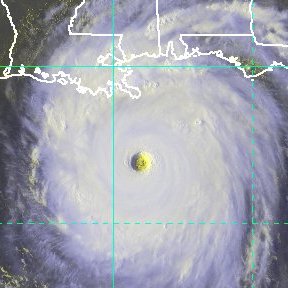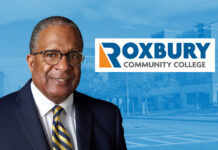 A new study by researchers at several leading colleges and universities has found that most Americans underestimate just how concerned African Americans and lower-income people are about environmental threats. This extends to members of those groups, who they themselves underestimate their peers’ concerns about environmental problems.
A new study by researchers at several leading colleges and universities has found that most Americans underestimate just how concerned African Americans and lower-income people are about environmental threats. This extends to members of those groups, who they themselves underestimate their peers’ concerns about environmental problems.
The research team conducted an online survey of a nationally representative sample of 1,200 Americans about their levels of concern for the environment. The survey included questions on whether the participants identified as an environmentalist, and the age, socioeconomic class, and race of those they associated with the term “environmentalist.”
The findings showed that racial and ethnic minorities and the poor are consistently among the most worried about environmental challenges, despite most participants saying they were not. The study also found most Americans associate the term “environmentalist” with Whites and the well-educated.
Jonathon Schuldt, an associate professor in the department of communication at Cornell University in Ithaca, New York, and a co-author of the study, believes these groups may be more concerned about the environment because they are typically hit the hardest by environmental threats. “We saw that with Hurricane Harvey. We saw that with Hurricane Katrina and with more recent hurricanes. It is communities of color and low-income folks who are disproportionally vulnerable to and affected by environmental threats,” Dr. Schuldt said.
Additionally, the researchers showed participants either a diverse or a non-diverse hypothetical environmental organization with different photos and recruitment messaging. Those who saw the diverse organization were less likely to show a difference between their perception of Whites’ and non-Whites’ environmental concerns.
“The fact that we were able to shrink this gap suggests these beliefs are malleable,” Dr. Schuldt said. “And if environmental organizations grow more racially and ethnically diverse, highlighting that in their messaging might further promote diversity, by making more people feel welcome at the table.”
The full study, “Diverse Segments of the U.S. Public Underestimate the Environmental Concerns of Minority and Low-Income Americans,” was published in the Proceedings of the National Academy of Sciences. It may be accessed here.












